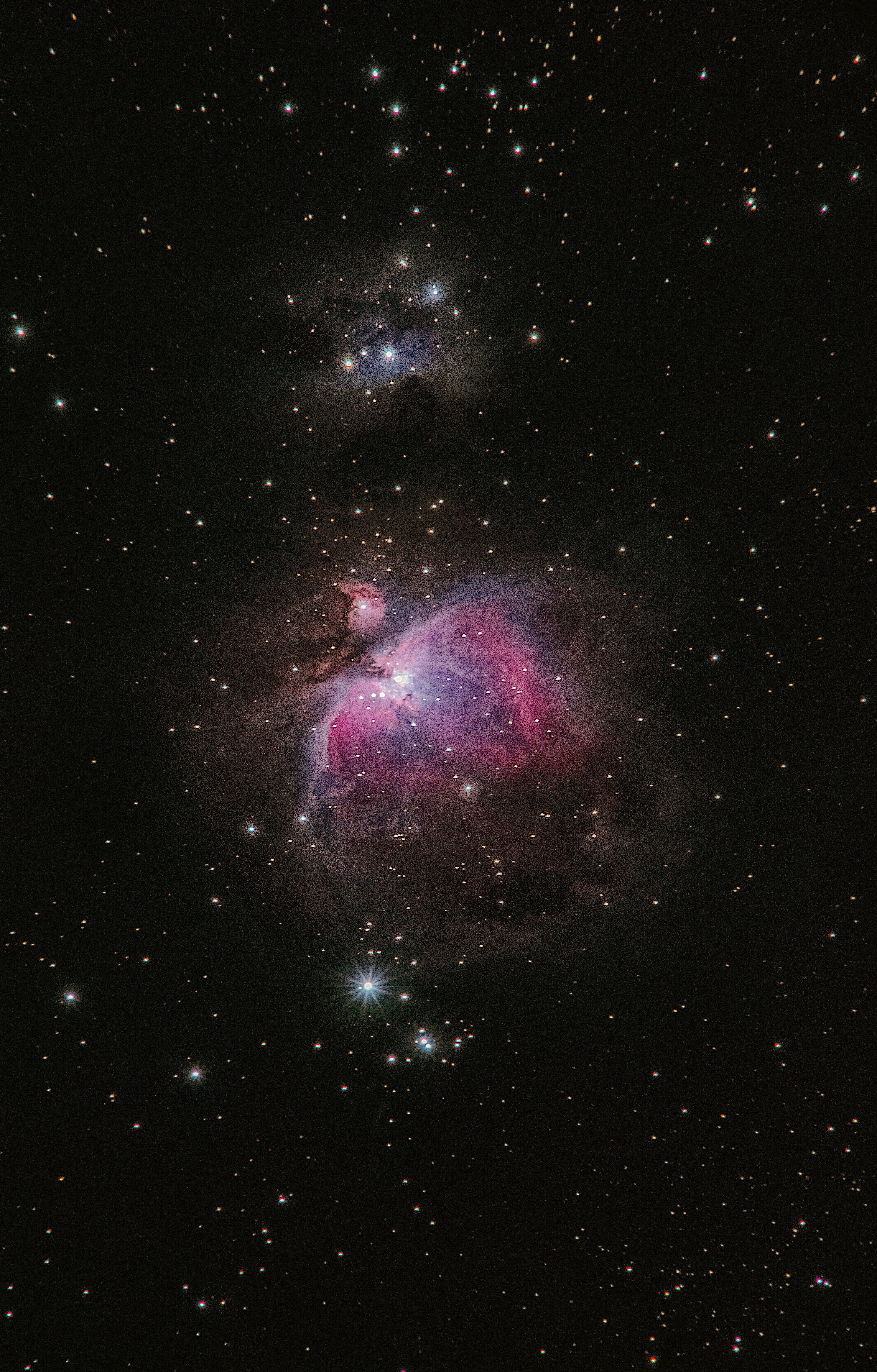Stability and Wealth - Impartiality and Tranquility
Article: Peace, Neutrality, and Economic Prosperity: Switzerland's Role as a Mediator
In the global landscape, Switzerland's neutrality remains a cornerstone of its identity and foreign policy, dating back to the Treaty of Westphalia in 1648. This stance, recognized formally in 1815 at the Congress of Vienna, is intended to maintain the nation's independence, as Switzerland avoids involvement in armed conflicts and provides neither military support nor troop commitments to warring parties.
Lately, this long-standing policy has evolved, particularly in the aftermath of the 2022 Russian invasion of Ukraine. Although Switzerland has refrained from joining military alliances like NATO, it finds itself engaged in numerous international organizations and has aligned its actions with those of the European Union in various political and economic measures. This includes imposing sanctions on Russian assets and granting refugee status to Ukrainians, actions that some deem detrimental to Swiss neutrality.
Swiss diplomats navigate a delicate balance, upholding neutrality while addressing violations of international law and aligning with global partners on sanctions. Their role is not one of silence or inaction but rather a testament to impartiality informed by ethical and humanitarian considerations. Criticisms have come from both Russia, who accuses Switzerland of favoring Ukraine, and neutralist factions within Switzerland who see increased engagement as a departure from traditional neutrality.
As a neutral state, Switzerland maintains a militia army with mandatory military service for men and an objective to increase female participation to 10% by 2030. This military preparedness is crucial to upholding neutrality, as neutral states must be able to defend themselves. Swiss soldiers undergo regular training and carry weapons, demonstrating their commitment to self-defense despite their non-participation in military conflicts.
Recently, Switzerland has expanded its defense cooperation with the European Union, including a new cyber-defense role. Since the 1990s, Switzerland has been part of NATO's Partnership for Peace, indicating its openness to collaborative security measures while declining full alliance membership. This decision has sparked debate among staunch neutrality advocates, yet it reflects Switzerland's adaptability in addressing contemporary security challenges.
Switzerland's neutrality supports its role as a mediator and diplomatic hub in global affairs. Its impartial stance allows it to host peace talks and serve as a trusted intermediary in conflicts. Crucially, this diplomatic role strengthens Switzerland's international influence. Economically speaking, neutrality underpins Switzerland's stable and prosperous environment by avoiding the disruptions of war and sanctions, providing a secure and predictable setting for business and finance.
In conclusion, while Switzerland adheres to its historic neutrality, it has pragmatically adapted to evolving geopolitical realities by engaging in international organizations, aligning on sanctions, expanding defense ties with the EU, and sustaining a robust self-defense force. This nuanced neutrality upholds Switzerland’s diplomatic influence and economic prosperity, even in the face of contemporary global challenges.
Sources:[1] https://www.swissinfo.ch/eng/switzerland-and-army-neutrality/45869286[2] https://en.wikipedia.org/wiki/Swiss_neutrality[3] https://www.swiss-missiles.ch/[4] https://www.independent.co.uk/news/world/europe/switzerland-ukraine-russia-sanctions-neutrality-b2172537.html[5] https://wwf.ch/en/our-work/policy-advocacy/press-release/2020/switzerland-strengthens-cooperation-on-cyber-security-with-the-european-union/
- The evolving Swiss policy, as seen in the aftermath of the 2022 Russian invasion of Ukraine, has led to debates within the community about how aligning actions with the European Union in political and economic measures could affect Swiss neutrality, specifically in terms of health and general-news discourses.
- Despite the critics who question Switzerland's impartial stance due to its recent engagements, the country's neutrality remains essential for its role as a mediator and diplomatic hub, not only maintaining its independence in politics but also promoting health and general-news discussions centered on peace, neutrality, and economic prosperity in the global landscape.








